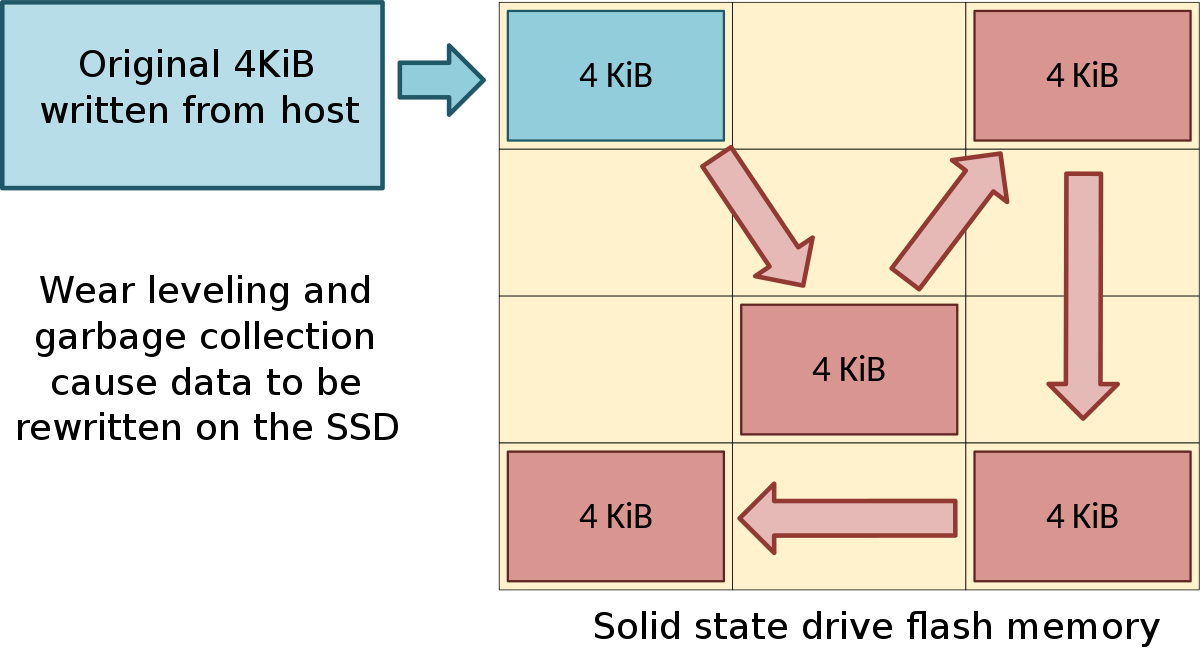Blacklaze use SSDs and HDD mix for their cloud storage solutions and they do papers on failure rates. Their latest study found that SSDs are more reliable than HDDs.
My old Intel 730 series was far beyond its TBW after the 5th year of service before I sold it on, still at over 90% health. It was a 480GB SATA unit.
99% of people will never wear out a modern SSD in their lifetime and before they even get close, will be maxing the capacity anyway and be wanting an upgrade.
At this point we can reasonably claim that SSDs are more reliable than HDDs, at least when used as boot drives in our environment. This supports the anecdotal stories and educated guesses made by our readers over the past year or so. Well done.
Andy Klein's much anticipated 2022 SSD Midyear Drive Stats Report is here. Read on to see the findings.

www.backblaze.com
The time of the HDD for storage is coming to an end tbh, by 2030 Samsung's 1000 layer NAND will be in prduction and that is projected to support up to 1000TB. Currently the Nimbus SSDs carry up to 100TB or so, naturally you can figure the price of those things

But storage prices are continuasly dropping and Q4 2022 is said to see eve further drops. My 8TB Samsung that was £660 this time last year is now £100-£200 cheaper for example depending on where you buy.
For maximum longevity and efficiency make sure to have at least 10% over provisioning space left for the drive to use when it needs it. You don't need to do anything special other than making sure 10% is not allocated to anything.



 But storage prices are continuasly dropping and Q4 2022 is said to see eve further drops. My 8TB Samsung that was £660 this time last year is now £100-£200 cheaper for example depending on where you buy.
But storage prices are continuasly dropping and Q4 2022 is said to see eve further drops. My 8TB Samsung that was £660 this time last year is now £100-£200 cheaper for example depending on where you buy.